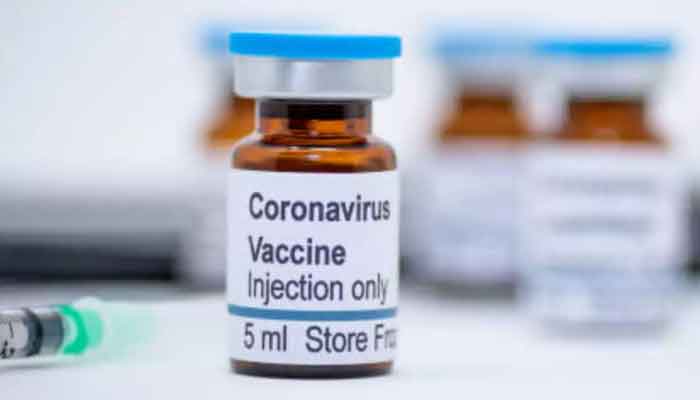Mixing COVID-19 vaccines gives 'robust' immune response': study
Researchers found more prominent degrees of COVID-battling antibodies in individuals who had the AstraZeneca and Pfizer vaccines
June 28, 2021

A study conducted in the United Kingdom has found that adopting a mix-and-match approach to COVID-19 vaccines gives a more robust immune response, The BBC reported Monday, citing a new study.
Researchers running the Oxford-led Com-COV study, which is investigating the possibility of utilising an alternate immunisation for the underlying "prime" vaccination to the development "booster" vaccination, said that alternating dosages of the two antibodies produced solid resistance.
"The UK currently had enough vaccine supplies to provide two doses of the same vaccine to all adults, so the results of the trial would not have an immediate impact on the country’s vaccination policy," UK's deputy chief medical officer Prof Jonathan Van-Tam told the outlet.
But since the highest antibody response was seen in people receiving two doses of Pfizer vaccine, with both mixed schedules producing better responses than two doses of AstraZeneca vaccine, Van-Tam further said:
"Our non-mixed vaccination programme has already saved tens of thousands of lives across the UK, but we now know mixing doses could provide us with even greater flexibility for a booster programme while also supporting countries who have further to go with their vaccine rollouts and who may be experiencing supply difficulties."
Some countries are as of now utilising mixed doses. Spain and Germany, for instance, are offering the Pfizer or Moderna mRNA vaccination as a second dose to more youthful individuals who have effectively gotten a first portion of the AstraZeneca antibody, following worries about uncommon yet genuine blood clots.
On the other hand, another research that also came out on Monday states that the third dose of the AstraZeneca vaccine increases antibody and T-cell immune responses, while the second dose can be delayed up to six months and also lead to an enhanced immune response.
Professor Sir Andrew Pollard, the head of the Oxford Vaccine Group, said it was not yet known whether people would need a booster shot in autumn but the new data showed the existing vaccine could be effective.









